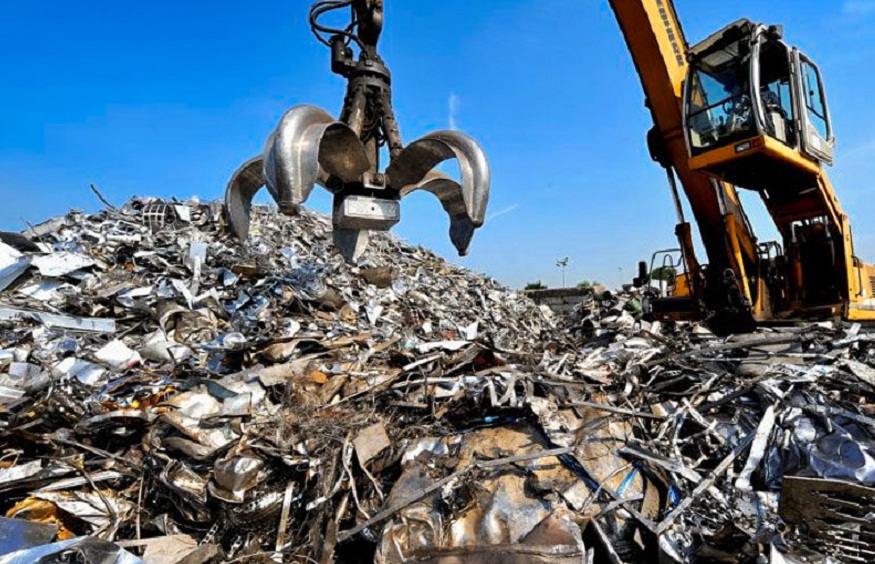Recycling precious metals is an important technique with many positive social, economic, and environmental effects. Recycling offers a sustainable way to address the growing demand for precious metals while preserving natural resources and lessening the overall impact on the environment. This essay will examine the value of recycling precious metals and how important it is to different industries.
1. Conserving Natural Resources
By lowering the need for new mining and extraction, precious metal recycling contributes to the conservation of scarce natural resources. Significant environmental effects from mining for precious metals might include soil degradation, water pollution, and habitat damage. Metal recycling from current items can help reduce environmental effects and protect important resources for the next generations.
2. Preservation of the Environment
Recycling precious metals helps lessen metal manufacturing’s impact on the environment. Mining and processing metals require large amounts of energy and water, which contributes to the emission of greenhouse gases and the loss of natural resources. Recycling uses a great deal less water and energy, lowering emissions and pollutants in the environment.
3. Reducing E-Waste
With millions of tonnes produced annually, electronic waste, or e-waste, is a global challenge that is only becoming worse. Due to the presence of precious metals like palladium, silver, and gold in many electronic gadgets, these materials are important for recycling. We can recover valuable metals from e-waste recycling and keep them out of landfills, where they might release harmful elements into the environment.
4. Encouragement of Eco-Friendly Production
Precious metals are vital parts of many sectors, such as jewellery, electronics, and the automobile industry. Recycling offers a sustainable supply of these metals for manufacture, assisting in the creation of new goods and lowering the need for virgin resources. Recycled metals may be integrated into production processes to help businesses minimise their environmental impact and advance sustainability.
5. Economic Benefits
Recycling precious metals results in income, jobs, and investment, all of which support economic stability and growth. Thousands of people are employed globally in the recycling sector in operations related to collecting, sorting, processing, and refining. In addition, manufacturers, governments, and recyclers all get money from the value of recycled metals.
6. Encouraging the Circular Economy
A fundamental element of a circular economy, which strives to reduce waste and increase resource efficiency, is the recycling of precious metals. By keeping valuable materials in use and recycling them into new goods, we can lessen our reliance on raw materials and our impact on the environment. Recycling helps the economy shift to one that is more circular and sustainable.
7. Technological Innovation and Progress
Investments in precious metal recycling fuel innovation and technical development in the recycling sector. Businesses and researchers are developing new technologies, procedures, and strategies to increase the effectiveness and sustainability of metal recycling. These developments increase the overall efficacy of recycling processes and assist in overcoming obstacles like recovering metal from complicated materials.
Conclusion
Recycling precious metals is essential for maintaining the environment, conserving resources, and fostering economic growth. By recycling precious metals, we can lessen our dependence on virgin resources, lessen our impact on the environment, and promote sustainable development. To maximise the advantages of precious metal recycling and create a more sustainable future, it is imperative to invest in infrastructure, technology, and education related to recycling as the demand for precious metals keeps rising.

